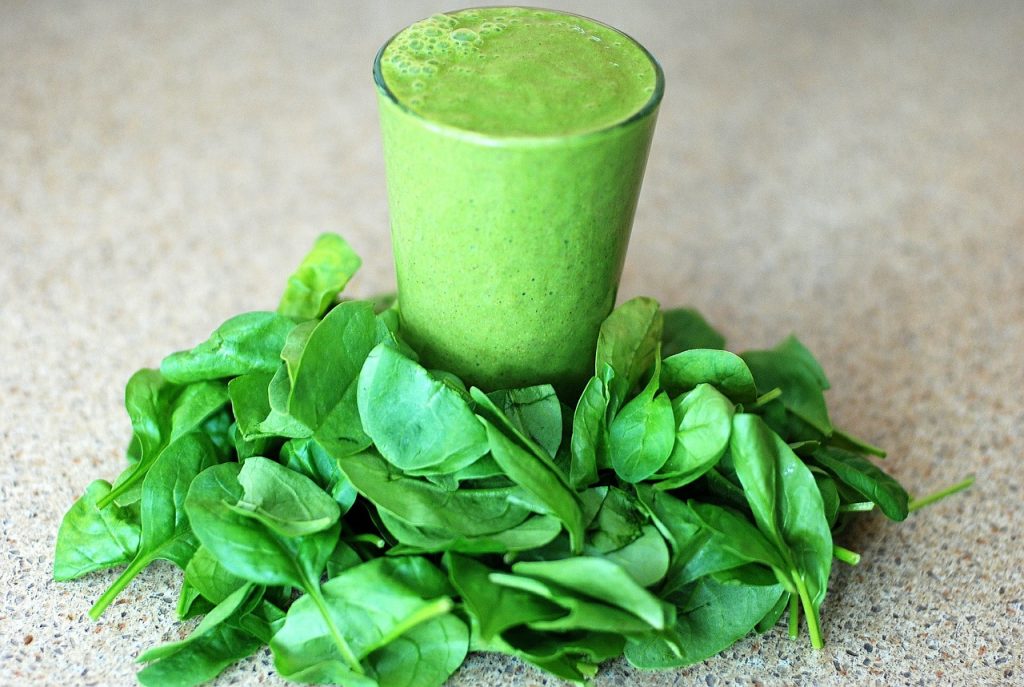Greens are the next big craze of the dietary supplement market. These green food powders use one or multiple plant-based, organic ingredients such as fruits, vegetables, grasses, herbs, and algae. Greens are advertised as a way to help make up for a low fruit & vegetable intake and may provide general health benefits.
But which of these green nutrients are the best for you and the most likely to work? This page lists the most popular greens supplements, their proposed benefits, and the scientific research behind them. For an introduction to greens, check out our guide.
Alfalfa
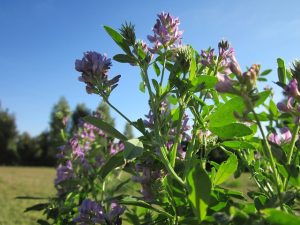
Alfalfa is a nutritious plant that contains significant amounts of protein, vitamins, minerals, fiber, and bio-active phytochemicals. Alfalfa is typically used to feed animals, but is increasingly being used for human consumption.
As a greens supplement, alfalfa is usually taken to support general health and for helping with specific conditions that include arthritis, poor digestion, diabetes, and blood pressure issues. Although there is little research to support these uses, animal studies suggest that alfalfa:
- Reduces inflammation and improve immunity
- Inhibits the intestinal absorption of cholesterol
Barley Grass
Barley grass refers to the young barley plant, which is known for its rich nutritional profile. Barley grass contains protein, vitamins, and minerals, as well as phytochemicals such as chlorophyll and beta-carotene.
Like most greens, barley glass is claimed to support overall health and well-being. Although these claims have not seen much research, animal studies show that barley grass:
- Has antioxidant activity
- Lowers elevated blood lipid levels
In addition, limited research suggests that it might also help with depression and atherosclerosis – a condition characterized by artery plaque build up. More on barley grass.
Chlorella – Editor’s Choice
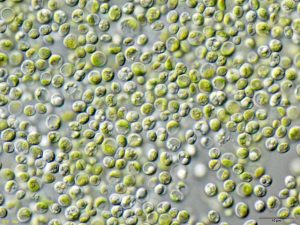
- Weight loss
- Enhancement of overall health
- Improved digestion, immunity, and metabolism
While most of these effects have not been examined directly, there is some research evidence to suggest that chlorella’s bio-activities can add up to these benefits. As such, chlorella is one of the most promising greens supplements currently available. More on chlorella.
Matcha
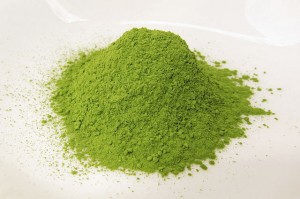
Spinach
Spinach is widely regarded as a healthy food because it has high concentrations of certain vitamins and nutrients. In addition, spinach also contains carotenoids and other phytochemicals that can be beneficial to your health. Just some of the proposed benefits of spinach are:
- Reduced risk of cardiovascular conditions
- Protection against age-related cognitive decline and eye disorders
Spirulina – Editor’s Choice
Similar to chlorella, this edible bacterium is often called a superfood because it contains so many healthy ingredients, including protein, essential fatty acids, vitamins, minerals, and bio-active compounds such as chlorophyll and carotenoids.
Some of the proposed benefits of spirulina include improved brain health, digestion, energy, immune system function, and cardiovascular health. Unlike most green foods, spirulina has been examined by researchers quite extensively, showing that it can:
- Improve exercise performance
- Boost immunity and improve allergies
- Improve elevated blood pressure and and blood lipid (fat) levels
- Help with diabetes
Thanks to these and other potential benefits, spirulina is one of the best green foods currently available. More on Spirulina.
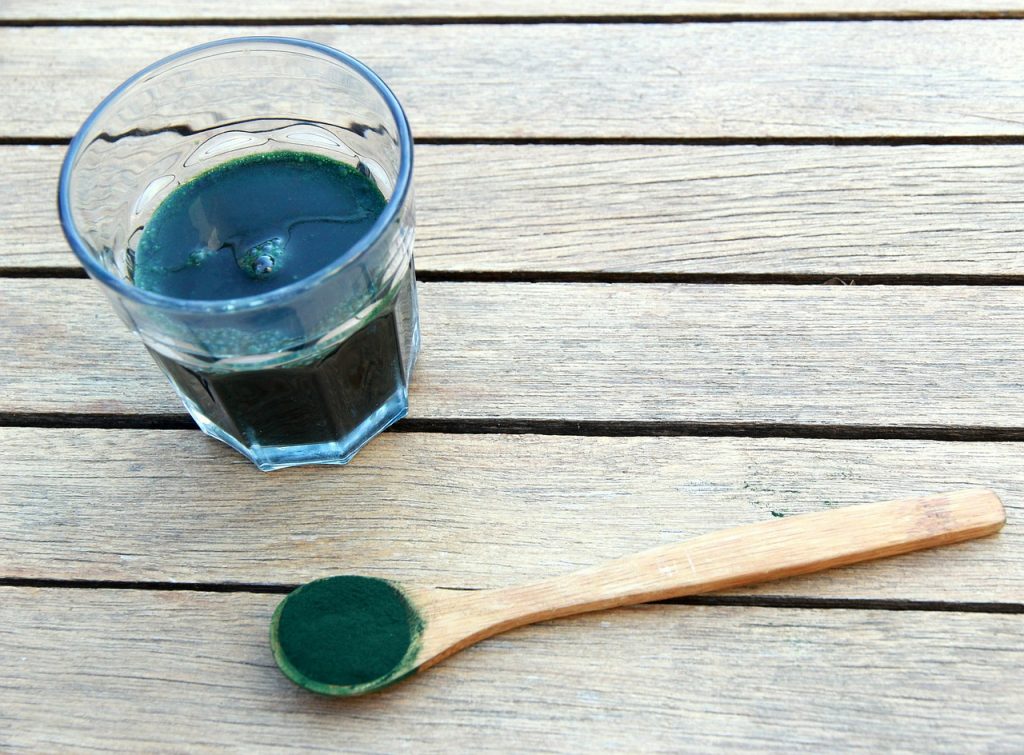
Wheat Grass
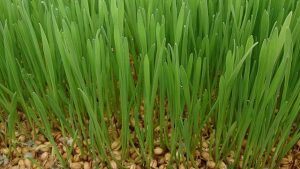
Wheat grass is one of the most popular green food supplements and is proposed to have a variety of health benefits such as improved energy and digestion, blood flow, and overall health. However, there is little research evidence to support these claims. So far, wheat grass has only been found to help with two specific conditions – ulcerative cholitis and thalassemia.
Nonetheless, it does have some beneficial bio-activities that include:
- Antioxidant and anti-inflammatory activity
- A possible increase of hemoglobin production
